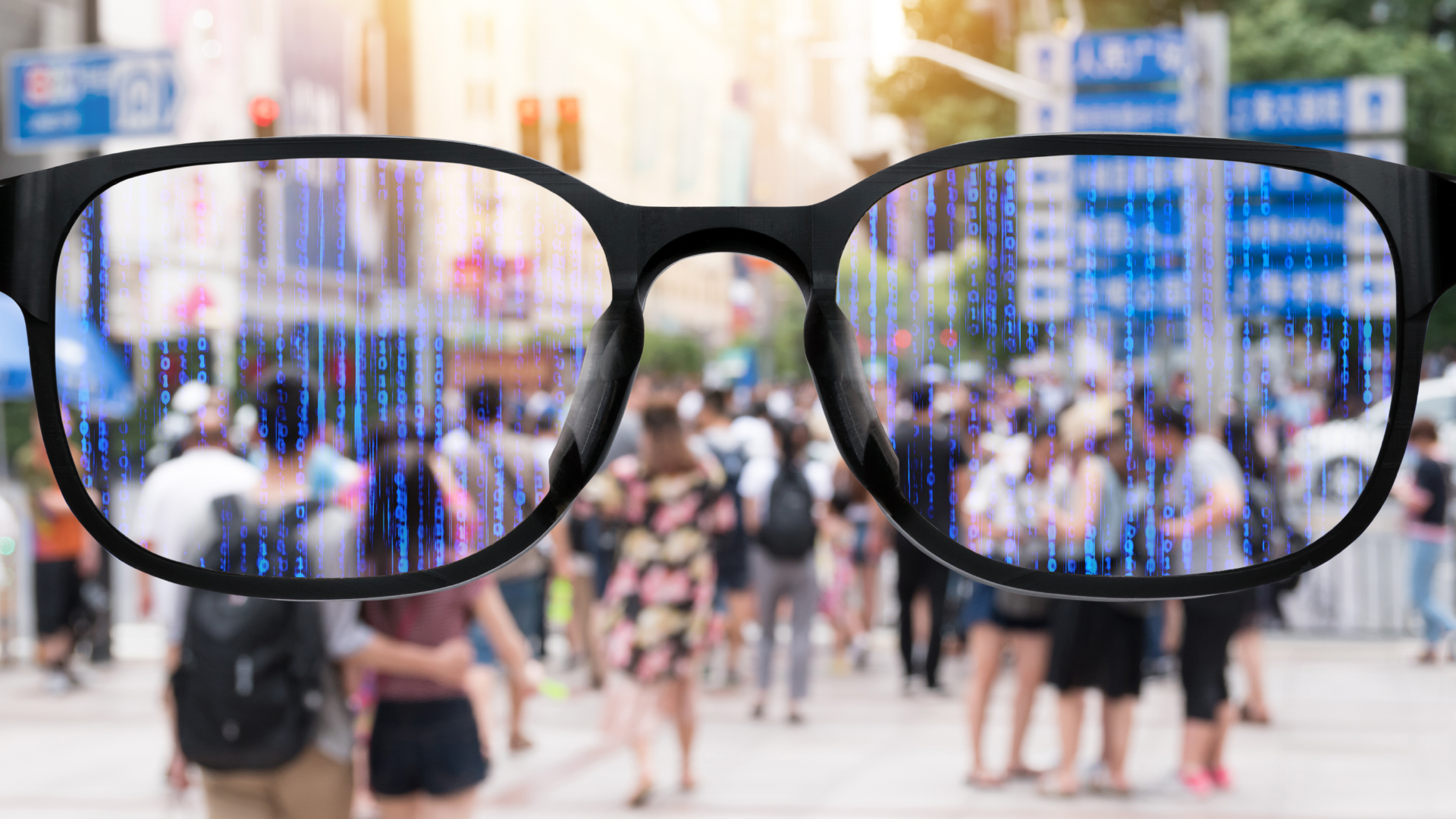Do You Know the Facts About Diabetes Eye Health?

Anyone with diabetes is at risk for diabetes-related eye diseases, such as diabetic retinopathy, macular edema, glaucoma and cataracts. While people with diabetes have a higher risk of blindness, there are things you can do each day to lower your chances of developing eye problems.
Focus on Diabetes Eye Health
Monitor blood sugar - It's always important to keep your blood sugar under control when you have diabetes. It's especially important when you're keeping your eye health in mind. Why? The retina of the eye receives and translates light to an image. The macula, behind the retina, aids in seeing fine details. The macula is nourished by blood vessels. If the blood vessels don't get nourishment, you run the risk of developing conditions, such as diabetic retinopathy. This could cause impaired vision and can also lead to blindness.
Control hemoglobin A1C level below seven - This level indicates the accumulative blood glucose level for the past three months. It should be controlled below seven in patients with diabetes. The risk of diabetic retinopathy increases significantly if A1C is higher than seven.
Lower blood pressure and cholesterol - High blood pressure and high cholesterol make it more difficult to control diabetes and increase the risk of eye diseases.
Quit smoking - Smoking makes you 30 to 40 percent more likely to develop Type 2 diabetes. If you already have diabetes and smoke, it can make it harder to control the symptoms.
Get an annual, dilated eye exam - If you have diabetes, it's recommended that you see an eye care provider (ophthalmologist or optometrist) at least once a year for a dilated eye exam. This exam can detect conditions, such as diabetic retinopathy, glaucoma, and macular degeneration, early.
When to Go to the Doctor
In addition to yearly visits, you also should visit your eye doctor if you experience any of the following symptoms:
- Blurry vision
- Trouble reading
- Seeing double
- One or both eyes hurt
- Persistently tired eyes
- Feeling of pressure in the eye(s)
- Seeing spots
- Straight lines don't look straight
Note: The content of this blog is for informational purposes only. It is not intended for use as diagnosis or treatment of a health problem or as a substitute for the professional consultation of a physician or qualified health care provider. If you have specific questions or concerns regarding a health or medical condition, contact your physician or a licensed health care professional.

